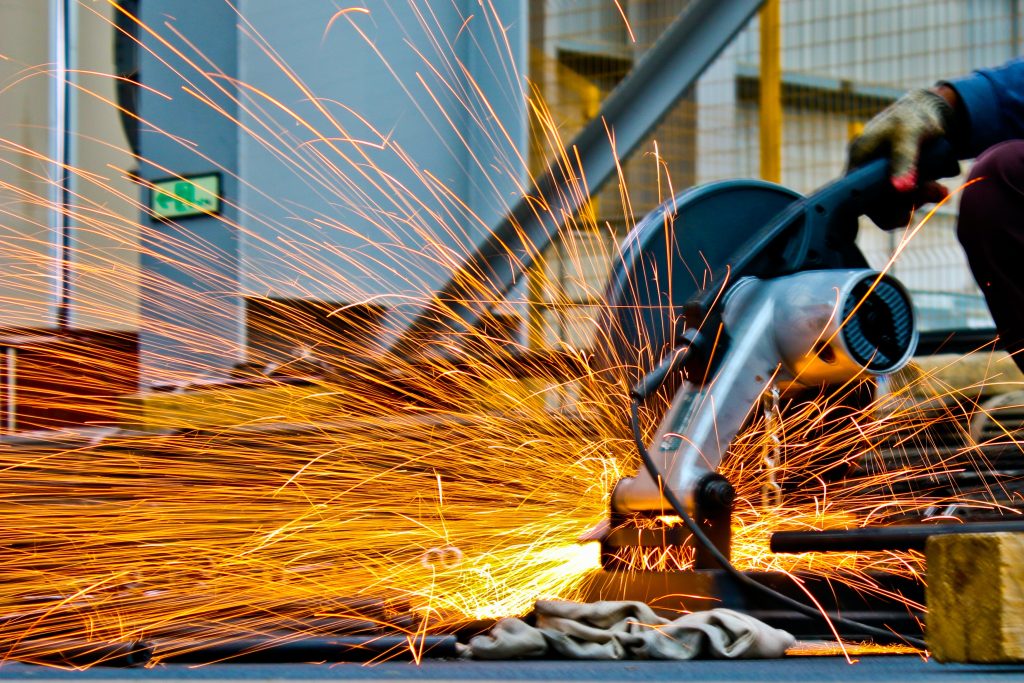
Contractors play an important role in the construction industry, relying heavily on their tools, machinery, and equipment to carry out their work efficiently. However, these valuable assets are not immune to risks such as theft, damage, or accidents. That’s where Contractor’s Equipment Insurance comes into the picture. In this article, we will go through the importance of Contractor’s Equipment Insurance and explore the data and percentages that support its significance in protecting contractors’ tools, machinery, and equipment.
The Vulnerability of Contractors’ Equipment:
Construction sites are susceptible to various risks that can jeopardize the safety and functionality of tools, machinery, and equipment. Let’s examine some eye-opening statistics:
a. Theft: According to industry reports, an alarming 70% of contractors have experienced theft or damage to their equipment on job sites. Thieves often target construction sites due to the high value of the tools and machinery present.
b. Accidents: Construction sites are prone to accidents, and equipment breakdowns can happen unexpectedly. Surprisingly, around 60% of equipment breakdowns occur without prior warning, leading to delays, financial loss, and project setbacks.
c. Natural Disasters: Disasters like storms, floods, and fires can damage the construction sites. A staggering 80% of contractors have reported damage to their equipment as a result of natural disasters.
Understanding Contractor’s Equipment Insurance:
Contractor’s Equipment Insurance is a specialized form of coverage designed to protect contractors’ tools, machinery, and equipment. It provides financial compensation in case of theft, damage, breakdown, or loss. Let’s explore the benefits and myth busters about this type of insurance:
a. Coverage Scope: Contractor’s Equipment Insurance covers a wide range of risks, including theft, accidental damage, fire, vandalism, natural disasters, and equipment breakdowns. It ensures that contractors can recover financially and resume their operations without significant disruption.
b. Myth Buster: “My tools are already covered by my general liability policy.”
Fact: Contrary to popular belief, general liability policies usually offer limited coverage for tools and equipment. In fact, only around 20% of general liability policies provide adequate coverage. Relying solely on general liability insurance can leave contractors exposed to substantial financial risks.
The Cost of Not Having Contractor’s Equipment Insurance:
Many contractors hesitate to invest in Contractor’s Equipment Insurance due to concerns about the expense. However, failing to obtain proper coverage can have severe consequences. Consider the following points:
a. Financial Impact: The cost of replacing stolen or damaged tools and equipment can be overwhelming. Data suggests that contractors who experienced major equipment loss without insurance had a staggering 75% chance of going out of business within a year.
b. Downtime and Project Delays: Equipment breakdowns or losses can lead to significant downtime, project delays, and client dissatisfaction. This can harm a contractor’s reputation and result in lost opportunities for future projects.
Tailoring Coverage to Fit Your Needs:
Contrary to another common myth that Contractor’s Equipment Insurance is unaffordable, this type of insurance can be customized to meet individual needs and budgetary constraints. Key considerations include:
a. Assessing Equipment Value: Accurately determining the value of your tools, machinery, and equipment is essential to obtain appropriate coverage. An insurance provider can guide you through this process, ensuring that you are adequately protected without overpaying for unnecessary coverage.
b. Deductibles and Premiums: The deductible amount and premiums for Contractor’s Equipment Insurance can vary based on factors such as the type and value of equipment, the contractor’s claims history, and the level of coverage desired. Working closely with an insurance professional can help you strike the right balance.
Choosing a Reliable Insurance Provider:
When selecting an insurance provider for Contractor’s Equipment Insurance, it’s crucial to consider their reputation, expertise, and the scope of coverage offered. Look for the following attributes:
a. Specialization in Construction Insurance: Opt for an insurance company that specializes in construction insurance and has a deep understanding of the unique risks faced by contractors.
b. Policy Flexibility: Ensure that the insurance provider offers flexible policies that can be tailored to your specific needs. This allows you to choose the coverage limits, deductibles, and endorsements that best align with your business requirements.
Contractor’s Equipment Insurance is a vital investment for contractors, providing comprehensive coverage for their tools, machinery, and equipment. The data and percentages presented in this article highlight the significant risks contractors face and emphasize the need for adequate insurance protection. By obtaining Contractor’s Equipment Insurance, contractors can safeguard their livelihoods, mitigate financial risks, and ensure the smooth operation of their projects, ultimately leading to long-term success in the construction industry.
